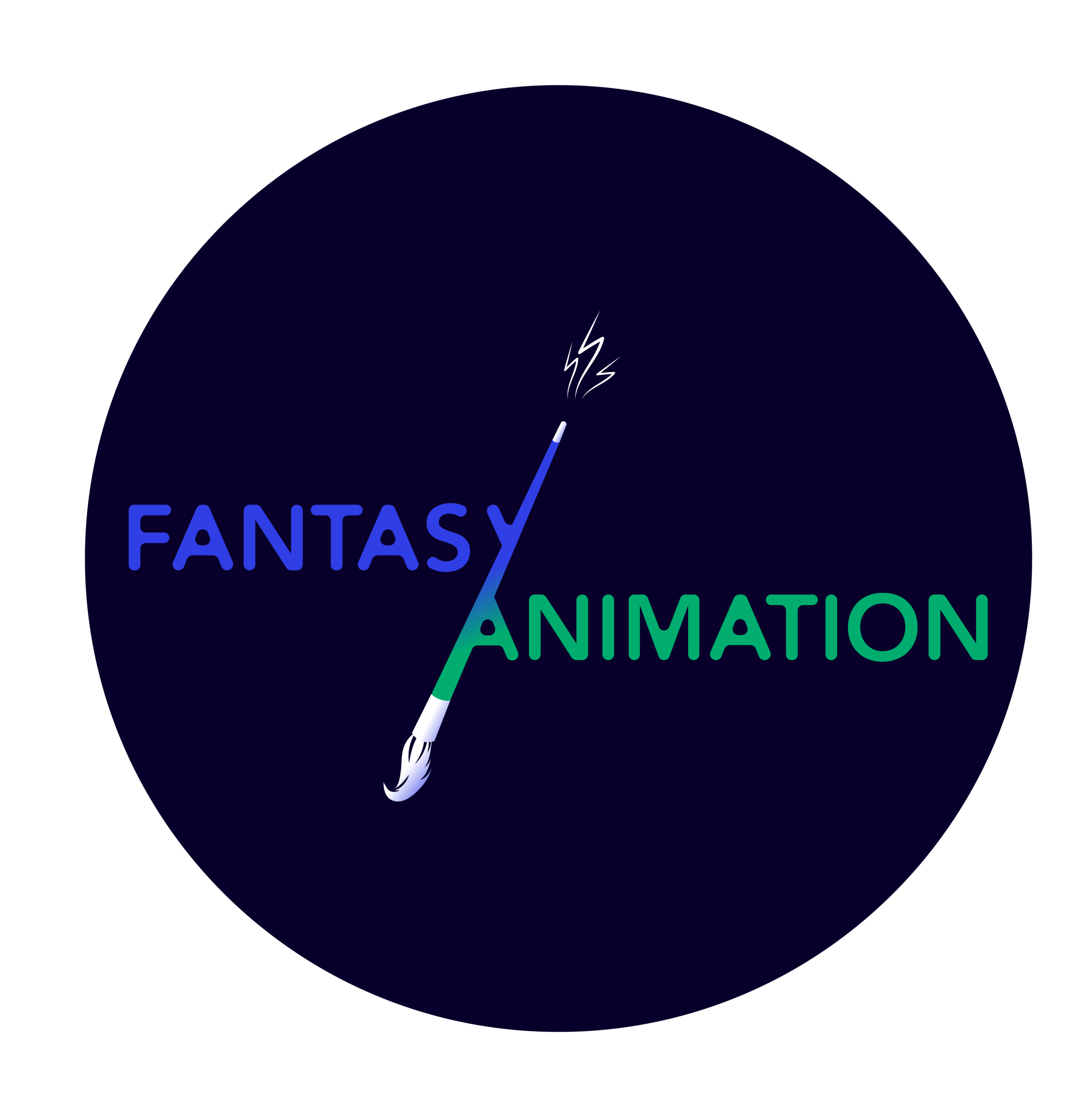Episode 65 - Inception (Christopher Nolan, 2010) (with Todd McGowan)
The Fantasy/Animation podcast takes listeners on a journey through the intersection between fantasy cinema and the medium of animation.
Are we dreaming, or are we awake? How do we choose which realities to believe in? What levels of fictionality count? Find out in Episode 65, which works its way through the dream logic and desires of Inception (Christopher Nolan, 2010), a film that probes deep into our unconscious to revel in how dreams allow us to participate in a shared fantasy. Joining Chris and Alex as they kick back through the layers of Inception’s rhizomatic, mazelike structure is Todd McGowan, Professor of Film Studies in the Film and Television Studies Department at the University of Vermont, and author of a number of books on psychoanalytic film theory, film comedy and popular media, including The Real Gaze: Film Theory after Lacan (2007) and The Fictional Christopher Nolan (2012). Topics for discussion include Christopher Nolan’s pre-occupation with revelation as a narrative device; how Inception’s interweaving, puzzling plotlines demonstrate trends towards complex narration by showing how beginnings can be constituted by the end; Nolan’s relationship with practical effects traditions, and the interplay between visual effects and the diegetic coherency of a fantasy world; why Inception is a rich film for thinking about what we want from visual effects, and what we desire of spectacular computer-generated imagery; spectatorial investments in social reality (as fictionality) and its application of “timespaces”; and the status of Inception as a broader metaphor for cinema going.
Suggested Readings
Althusser, Louis. 1971. Lenin and Philosophy and Other Essays. New York: Monthly Review Press.
Attebury, Brian. 1980. The Fantasy Tradition in American Literature: From Irving to Le Guin. Bloomington: Indiana University Press.
Barthes, Roland. 1991. S/Z. Farrar, Straus & Giroux Inc.
Baudry, Jean-Louis. 1974. “Ideological Effects of the Basic. Cinematographic Apparatus.” Film Quarterly 28, no. 2: 39–47.
Elsaesser, Thomas. 2009. “The Mind-Game Film.” In Puzzle Films: Complex Storytelling in Contemporary Cinema, edited by Warren Buckland, 13-41. Chichester, West Sussex: Wiley-Blackwell.
Elsaesser, Thomas and Malte Hagener. 2010. “Cinema as Brain – Mind and Body.” In Film Theory: An Introduction Through the Senses, edited by Thomas Elsaesser and Malte Hagener, 149-169. New York: Routledge.
McGowan, Todd. 2007. The Real Gaze: Film Theory after Lacan. Albany: State University of New York Press.
McGowan, Todd. 2012. The Fictional Christopher Nolan. Austin: University of Texas Press.
Perkins, V.F. 2005. “Where is the world? The horizon of events in movie fiction.” In Style and Meaning: Studies in the Detailed Analysis of Film, edited by John Gibbs and Douglas Pye, 16-41. Manchester: Manchester University Press.
Tyrer, Ben. 2018. “VFX as Fantasmatic Supplement in Game of Thrones (2011-).” In Fantasy/Animation: Connections Between Media, Mediums and Genres, edited by Christopher Holliday and Alexander Sergeant, 91-106. London and New York: Routledge.
Wood, Aylish. 2015. “Inception’s Timespaces: An Ecology of Technology.” In Special Effects: New Histories, Theories, Contexts, edited by Dan North, Bob Rehak and Michael Duffy, 254-266. London: BFI/Palgrave.

